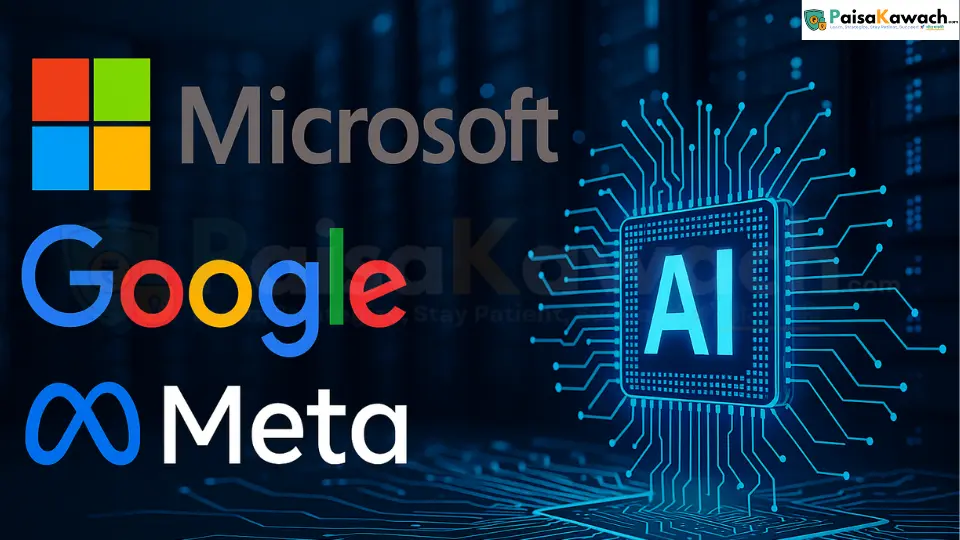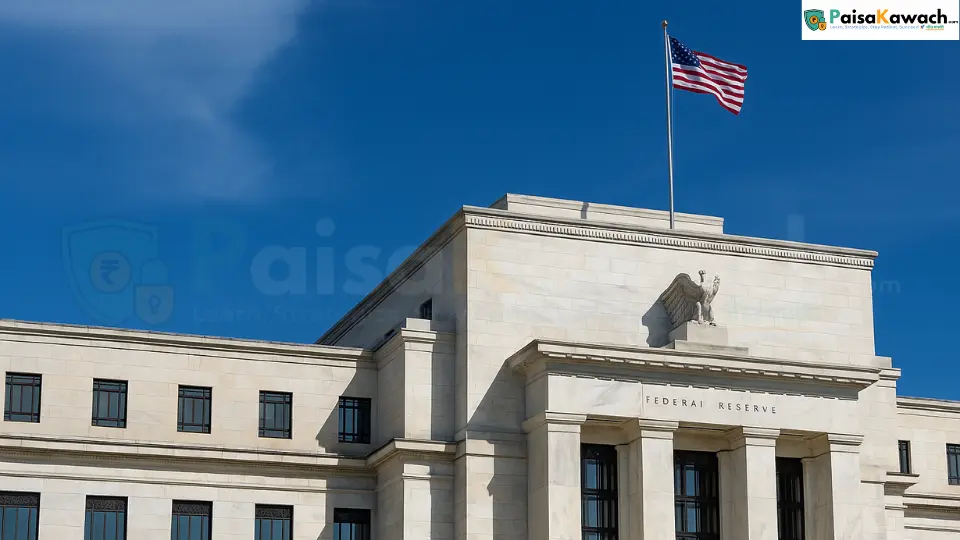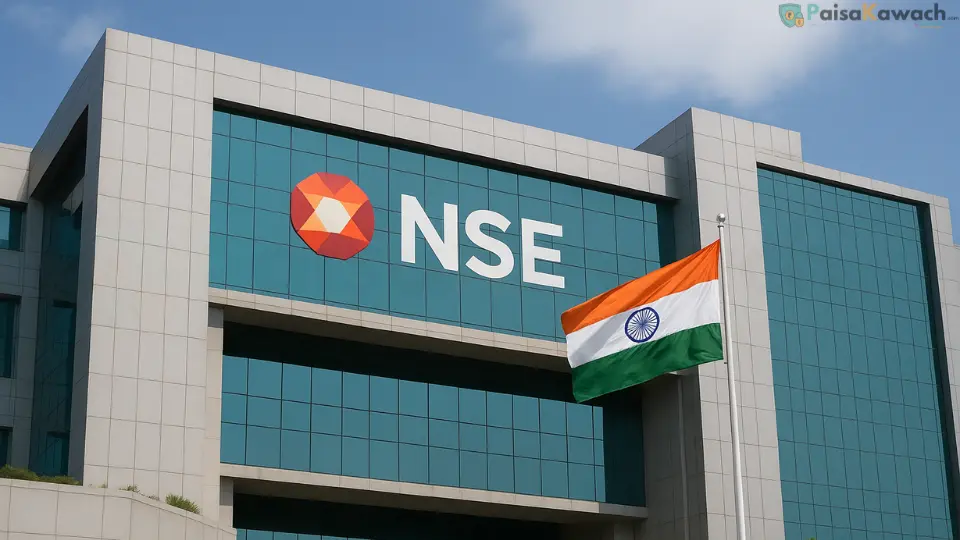In a strong show of confidence in AI as a revenue-generating engine, Microsoft, Alphabet (Google), and Meta have each revised their capital spending projections upward for 2025. The combined outlay—now crossing $140 billion—is largely directed toward AI data centers, infrastructure, and computing power.
Microsoft Projects Over $30 Billion in AI-Centric Capex
Microsoft announced that its total capital expenditure for the year will exceed $30 billion, primarily driven by investments in AI-focused infrastructure under Azure. The company emphasized that spending is being accelerated to meet the rising demand for Copilot integrations and AI enterprise tools.
The increased Capex supports AI workloads, including training and serving large models in collaboration with OpenAI, while also powering Microsoft 365, GitHub Copilot, and Azure OpenAI services.
Alphabet Lifts Capex to $85 Billion, Highest in Company History
Alphabet revised its 2025 capital expenditure guidance to an estimated $85 billion, citing growing AI workloads across Google Cloud, Search, YouTube, and Ads. The company has attributed the shift to expanded infrastructure needs and the operational rollout of its Gemini AI models.
Sundar Pichai, Alphabet’s CEO, said the firm is “positioning itself to lead in AI across consumer and enterprise segments,” with AI now deeply embedded in its core advertising and cloud monetization strategies.
Meta Expands AI Infrastructure with Raised Spending Outlook
Meta Platforms has also raised its capital expenditure forecast, underscoring a pivot from R&D into AI at scale. The company confirmed that its spending is focused on custom silicon development, AI-optimized data centers, and large-scale deployment of AI models across its social platforms.
Mark Zuckerberg stated that AI now plays a pivotal role in content recommendation, ad delivery, and Meta’s broader ecosystem plans—hinting at AI integration in upcoming mixed reality and metaverse products.
Wall Street Reacts to Spending Surge with Confidence
Despite the heavy investments and margin pressures, investor sentiment has remained positive. Analysts view the Capex surge as a forward-looking move to secure competitive advantage in AI infrastructure and model deployment.
- Microsoft and Google reported strong cloud revenue growth in Q2, supporting higher Capex.
- Meta’s AI-generated ad revenues showed early signs of improved ROAS (Return on Ad Spend).
- All three companies reaffirmed free cash flow projections remain intact despite the elevated investment.
Equity analysts from Goldman Sachs and Morgan Stanley noted that increased Capex spending, while aggressive, reflects confidence in the scalability and monetization of AI platforms over the next 3–5 years.
Industry Implications and Competitive Signals
The synchronized Capex hikes by Microsoft, Google, and Meta indicate a broader shift in the tech sector—from AI experimentation to commercial deployment. The move puts pressure on smaller competitors and signals higher infrastructure demand globally, particularly for GPUs, cooling, and power supply chains.
With Amazon and Apple yet to reveal their 2025 spending revisions, the focus will remain on how effectively these Big Tech firms can convert AI investments into sustainable revenue streams and operational efficiency.






